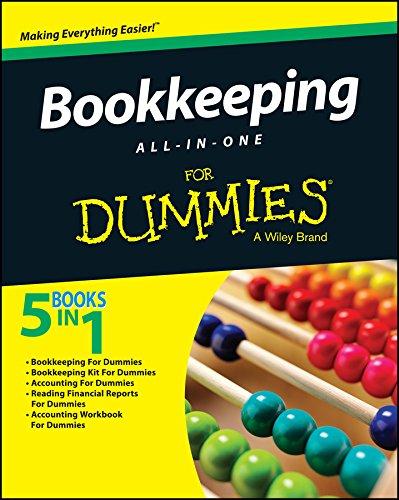Question
Sam was appointed treasurer for the Southside Dance Academy in 2019. The Academy has dance classes every Thursday evening, plus a monthly dance party and
Sam was appointed treasurer for the Southside Dance Academy in 2019. The Academy has dance classes every Thursday evening, plus a monthly dance party and occasional additional workshops. The managing committee set entrance fees for members and non-members, with provision for prepaid dance passes. After 10 months of non-existent financial reports for the managing committee, Sam decided to resign as Treasurer and hand the job over to the past-Treasurer, Peter. Peter had earlier established procedures to record cash takings and initiate payments to creditors, such as the owner of the hall. At each class or event, a takings summary document was prepared by two committee members listing the names of people attending and the amounts paid. This provided a justification for the amount collected in cash and then banked, and recorded in the accounts. This document also took into account the cash float of $200 in the register (left in the drawer at the end of each event), and any payments in cash such as payments to teachers and reimbursements for expenses, e.g. for supper, based on invoices. The two committee members signed the taking summary, balanced the cash, and provided these to the Treasurer for recording and banking. All payments required a source document, such as an invoice from the insurance company, and had to be authorised by two of the President, Secretary and Treasurer, who also signed the cheques for payment. Payments were recorded regularly so the accounts remained up to date. Bank reconciliations were completed monthly. With a good set of source documents and up to date accounts, financial reports were produced monthly for the managing committee. These procedures provided some assurance to the committee that all cash collected by the Academy was banked, that payments were made only for authorised expenses, and transactions were properly recorded. On Sam's resignation, Peter found that these procedures were no longer being followed. The cash float in the register was not maintained at $200. Often, little cash was in the register at the beginning of the night. The takings summaries were often not dated, and were poorly completed, omitting details of cash payments for expenses. Relevant invoices were not attached to the summaries. The amounts banked were not consistent with the takings summaries, in some cases up to $150 less than expected. Often, the takings summaries were not signed, and the cash was not balanced. Payments to creditors still required two signatures from the President, Secretary and Treasurer, but there was no folder of invoices supporting these payments. Often, Sam had paid creditors using his credit card, and then requested reimbursement, which was paid by cheque. The signatories saw the underlying invoices on many but not all occasions. There were also bank transfers to other accounts listed in the bank statement, but without invoices, it was difficult for Peter to determine what these were for. Peter has asked Sam in writing for the missing invoices and supporting documents. Unfortunately, Sam has not responded to this request. Sam had not recorded any transactions in the accounts, and so no financial reports had been provided to the committee. Peter is worried about the upcoming audit. Requirements: (a) Explain the 6 symptoms that may indicate fraud. What symptoms of fraud exist in this case?
>Symptoms of a fraud Examples in this case
What are 4 controls that Southside Dance Academy could implement to prevent and detect this type of fraud in the future?
# Recommended Controls
Step by Step Solution
There are 3 Steps involved in it
Step: 1

Get Instant Access to Expert-Tailored Solutions
See step-by-step solutions with expert insights and AI powered tools for academic success
Step: 2

Step: 3

Ace Your Homework with AI
Get the answers you need in no time with our AI-driven, step-by-step assistance
Get Started


